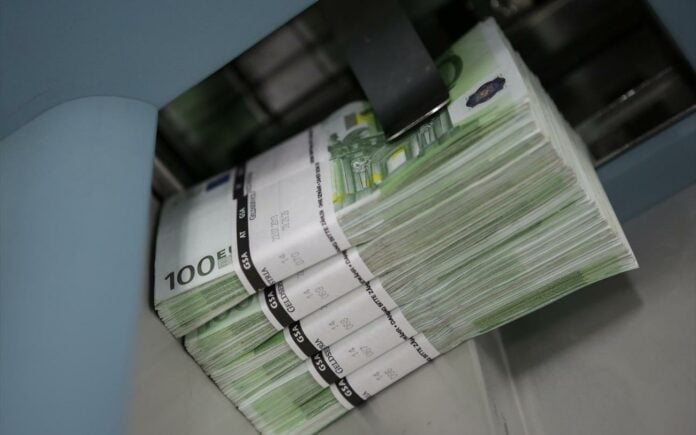Outstanding tax debts and related fines increased by 14.7 percent between 2015 and 2016, the finance ministry announced on Tuesday, while promising to conduct up to 50,000 inspections of self-employed professionals and businesses in order to shore up lagging state revenues.
Specifically, in figures disclosed by the relevant public revenues general secretariat, 4.3 million taxpayers – out of a total of 8.6 million listed in a country of roughly 11 million residents – owe a total of 86.3 billion euros to the tax bureau. Of the massive figure, the state can only expect to receive 10.13 billion euros.
Of the 86.3-billion-euro figure, 30.51 billion euros (35.4 percent) are accumulated fines – some dating back many decades — for various tax code violations; 16.68 billion euros (19.3 percent) are unpaid VAT remittances; 15.63 billion euros (18.1 percent) are unpaid income taxes; 8.6 billion (10 percent) euros are non-performing loans and the rest, 14.23 billion euros (17.2 percent), are bundled together in various other categories of tax revenues, excises and levies owed the state.
Individual tax bureaus and other regulatory agencies recorded 1.613 million seizures of deposits and incomes of debtors between 2014 and 2015 to cover outstanding debts to the state. More of the same is expected for 2016, with audits and checks expected to include bank borrowing, deposits and market transactions, in a bid to curb tax evasion and avoid spending cuts possibly demanded by Greece’s institutional creditors.
Additionally, 19.73 billion euros are debts of up to 1.5 million euros, which comprise 99.9 percent of individual cases of outstanding debt; with the remaining 66.54 billion euros (77.1 percent) over 1.5 million euros are owed by 0.1 percent of debtors – individuals, corporate entities, legal entities etc.
One “carrot” considered by the state services is to reward conscientious taxpayers with a bonus.














